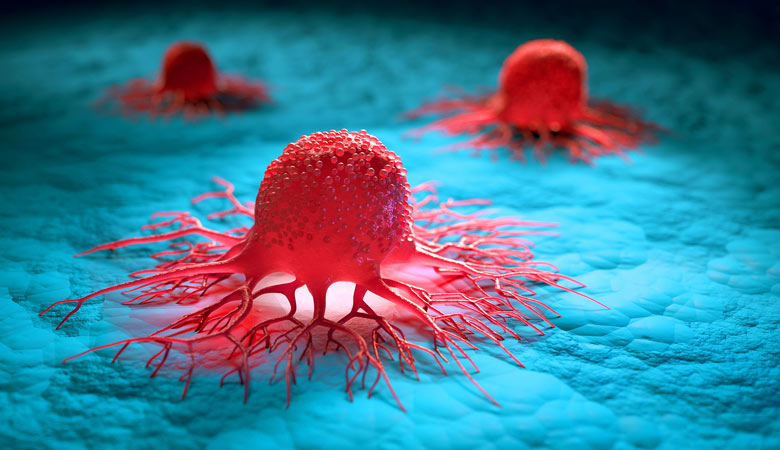Recent research has shed new light on a potential link between multivitamin use and prostate cancer recurrence. A longitudinal observational study, published in European Urology Oncology, suggests that taking a daily multivitamin might be associated with a lower risk of prostate cancer returning, particularly for men with more aggressive forms of the disease. Understanding the …
Recent research has shed new light on a potential link between multivitamin use and prostate cancer recurrence. A longitudinal observational study, published in European Urology Oncology, suggests that taking a daily multivitamin might be associated with a lower risk of prostate cancer returning, particularly for men with more aggressive forms of the disease.
Understanding the Study
This study followed nearly 1400 men with non-metastatic prostate cancer who had undergone either radical prostatectomy (surgical removal of the prostate) or radiation therapy. These men were part of the extensive Cancer of the Prostate Strategic Urologic Research Endeavor (CaPSURE) study. The researchers’ main goal was to observe if multivitamin use had any impact on prostate cancer recurrence.
Key Findings: A Significant Association
The study categorized participants based on their multivitamin use:
- 62% were current multivitamin (MV) users.
- 16% were past MV users.
- 22% were never users.
Over a median follow-up period of nearly 5 years, the results were compelling:
- 49% Lower Risk of Recurrence: Among men who were currently taking a multivitamin, there was a nearly 50% lower risk of prostate cancer recurrence, even after adjusting for other factors like smoking and age.
Stronger Benefit for More Aggressive Cancers
The findings became even more striking when researchers looked closer at different grades of cancer:
- 73% Lower Risk for Aggressive Cancer: For men with more aggressive prostate cancer (classified as grade 2, Gleason 3+4, or greater), the apparent reduction in recurrence risk was a remarkable 73%. This suggests a potentially stronger protective effect in these cases.
- No Significant Association for Less Aggressive Cancer: For men with less aggressive cancer (grade 1, Gleason 3+3), the association between multivitamin use and recurrence was not statistically significant.
What Does This Mean?
While this was an observational study – meaning it can show an association but not definitively prove cause and effect – it is the first study to suggest a potential benefit of multivitamin use for men diagnosed with prostate cancer, especially those with more aggressive forms.
It’s important to consider this finding in the context of other research:
- A large controlled trial (Physician’s Health Study II) did not find a significant difference in the initial incidence of prostate cancer among men taking multivitamins compared to a placebo, though it did note an overall reduction in cancer risk.
- Another observational study published in 2024 did not find a survival benefit with multivitamin use for men with prostate cancer.
Next Steps and Considerations
This new research provides an encouraging signal, particularly for men managing prostate cancer. However, as an observational study, it can’t definitively recommend multivitamin use as a treatment. Controlled clinical trials would be needed to confirm these findings and understand the precise mechanisms at play.
For individuals with prostate cancer, it is crucial to discuss any changes to diet, supplements, or treatment plans with their healthcare providers. This study opens an exciting avenue for further research into how simple dietary supplements might play a role in managing complex diseases like prostate cancer.
Shee K, Cedars BE, Wang L, Kenfield SA, Cowan JE, Tolstykh I, Langlais CS, Pace WA, Broering JM, Carroll PR, Chan JM, Van Blarigan EL. Multivitamin Use After Prostate Cancer Diagnosis Is Associated with Lower Risk of Recurrence: A Prospective Cohort Study from the Cancer of the Prostate Strategic Urologic Research Endeavor (CaPSURE). Eur Urol Oncol. 2025 May 6:S2588-9311(25)00110-5. doi: 10.1016/j.euo.2025.04.014. Epub ahead of print. PMID: 40335395.








